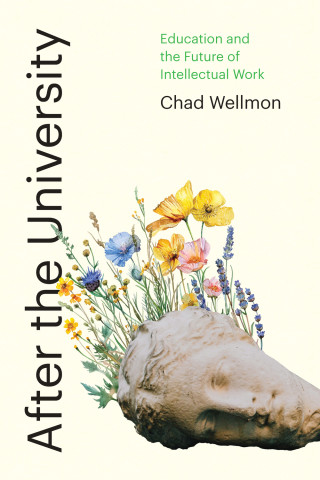
Reviews
Rebecca Richardson shows that even those writers who appear to celebrate self-help invite more nuanced readings. They explored the ways in which aspiration encourages not only ambition but competition, and often exploitation – inequities, as declared by Richardson in a brief polemical coda, that persist today.
Rebecca Richardson's Material Ambitions, like the individuals who populate one of her key source texts, Samuel Smiles's Self-Help (1859), puts a significant amount of work to excellent use....Richardson's text contains many fascinating insights on self-help discourse and its relation to the life well-written, to which we would do well to help ourselves.
In bringing these diverse critical approaches together to help us understand the distinctly Victorian ethos of self-help in ways that still resonate today, Richardson paves a way forward for criticism.
Richardson shows how ambition, which the Victorians took at one and the same time as 'needful thing' and 'dirty word,' works as a rich source of narrative tension in some nineteenth-century fiction as well as a structuring problem for the period as a whole. She is a skilled reader of character, plot, and style, and moves surely and frictionlessly from the novel to etiquette books, biography, and political theory. Material Ambitions is a smart, thorough, crisply argued, and, dare I say it, an entirely ambitious book.
Brilliant and dead right, Material Ambitions never forgets how good it feels to read a story where the winner takes all. Rebecca Richardson calls us to recognize that such stories also reveal the problems of scarcity, exclusion, and loss. This book is at once a study of Victorian reckonings with finite resources, both personal and environmental, and a pitch-perfect consideration of individual success in a grossly unfair system.
Book Details
Acknowledgments
Introduction: Self-Help and the Story of the Ambitious Individual
1. Forming the Ambitious Individual in Samuel Smiles's Self-Help
2. Expanding the Story of Ambition, Work, and Health in
Acknowledgments
Introduction: Self-Help and the Story of the Ambitious Individual
1. Forming the Ambitious Individual in Samuel Smiles's Self-Help
2. Expanding the Story of Ambition, Work, and Health in a Limited World: Harriet Martineau's Economic and Illness Writing
3. Enabling the Self-Help Narrative in Dinah Craik's John Halifax, Gentleman
4. "At What Point This Ambition Transgresses the Boundary of Virtue": From Thackeray's Barry Lyndon to Vanity Fair
5. Individuating Ambitions in a Competitive System: Trollope's Autobiography and The Three Clerks
6. Placing and Displacing Ambition: Miles Franklin's My Brilliant Career and My Career Goes Bung
Coda
Notes
Bibliography
Index





